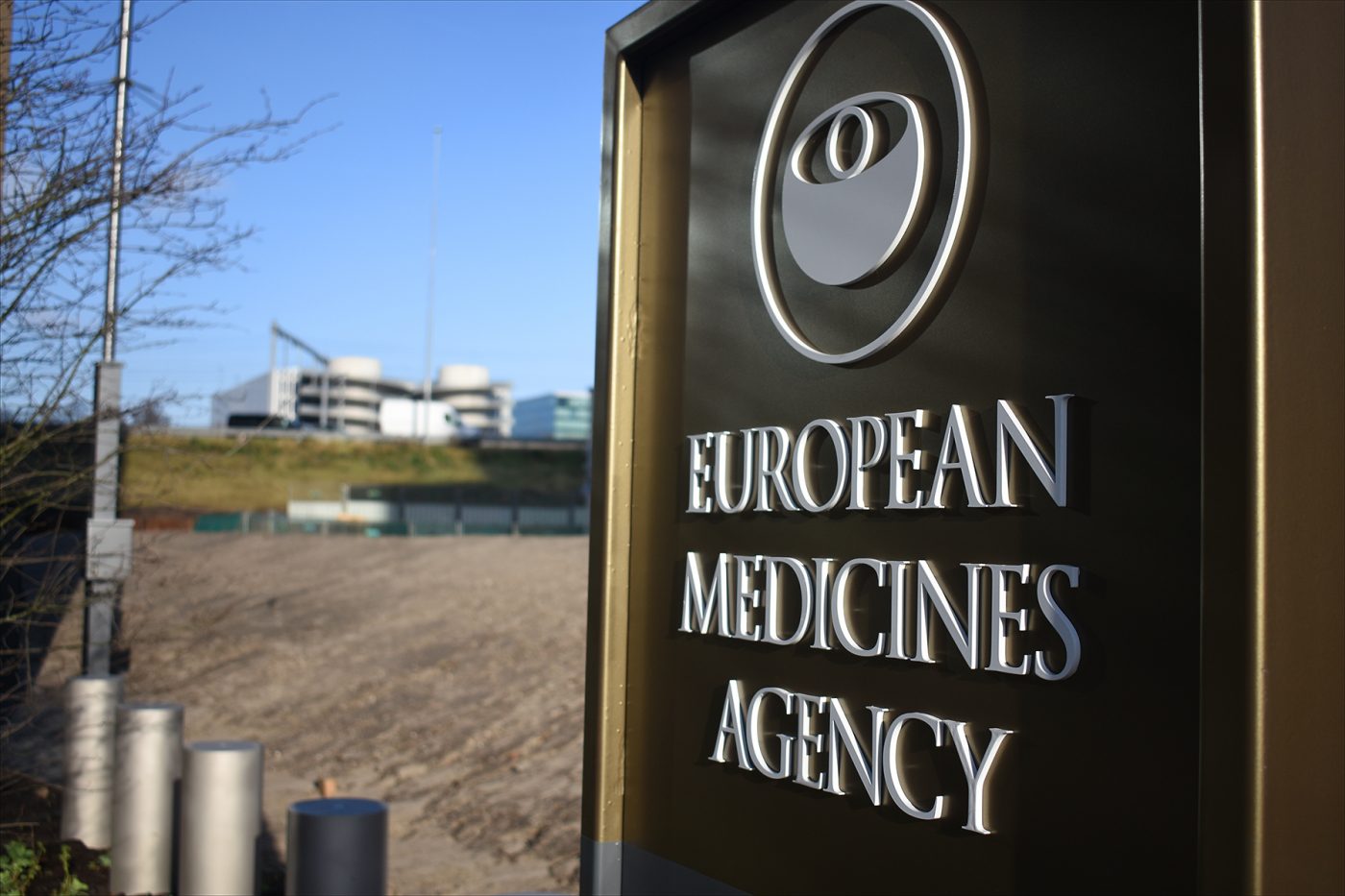Viltolarsen Earns European Orphan Drug Designation as DMD Treatment
Written by |

EMA's new Amsterdam headquarters. (Photo by Larry Luxner)
The European Commission has granted orphan drug designation to viltolarsen, a treatment for people with Duchenne muscular dystrophy (DMD) amenable to exon 53 skipping, Nippon Shinyaku announced in a press release.
The designation is given to medicinal compounds meant to treat rare conditions that are life-threatening or chronically debilitating. Orphan status brings development and marketing incentives, such as reduced fees, scientific advice from the European Medicines Agency (EMA), and market exclusivity for 10 years upon regulatory approval.
Viltolarsen (NS-065/ NCNP-01) is being developed by Nippon Shinyaku and its subsidiary in the U.S., NS Pharma.
In Japan, viltolarsen was approved in March under the brand name Viltepso to treat eligible DMD patients.
An application seeking approval of viltolarsen is currently under priority review by the U.S. Food and Drug Administration (FDA). For now, eligible patients in America may request treatment with viltolarsen under an expanded access program.
The therapy has been granted fast track, orphan drug, and rare pediatric disease designations by the FDA. All designations are meant to expedite the therapy’s development and review.
Muscular dystrophies comprise more than 30 inherited genetic conditions, of which DMD is the most common. The disorder is caused by a mutation in the DMD gene that leads to very little or no production of functional dystrophin. This protein is essential keep muscle cells together and connected with surrounding structures.
In protein production, DNA bits called exons must be arrayed in the proper order. If one exon is mutated, the resulting protein may be unstable and not functional.
Viltolarsen is specifically designed to treat DMD patients whose disease-causing mutations are in exon 53, which accounts for about 8% of all Duchenne cases.
Injected directly into the bloodstream, viltolarsen works by “masking” exon 53 and allowing the other exons in the DMD gene to attach in a way that generates a shorter but functional version of dystrophin.
Viltolarsen is undergoing testing in a Phase 3 clinical trial (NCT04060199). Called RACER 53, a double-blind study that takes place across 24 study locations worldwide and is recruiting 74 boys (ages 4–7) in the U.S. and other countries. More information on contacts and locations is available here.
RACER53 is meant to confirm the benefits seen in a Phase 2 clinical trial (NCT02740972) that included boys (ages 4–9) with DMD who were able to walk. Results showed that viltolarsen safely and effectively increased dystrophin levels and promoted improvements in motor function.





